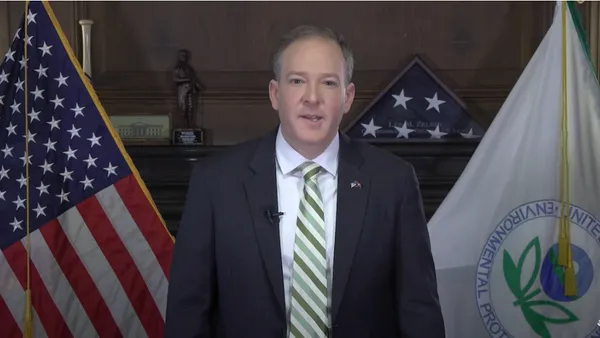Dive Brief:
- Using six metrics, including "place," "product," and "prosperity," Resonance Consulting released a report of the best small and best large cities in the United States so that cities might "understand their strengths and weaknesses through the lens of the people who matter most: their residents and visitors."
- Resonance surveyed 1,500 "mobile millennials" who have traveled in the last year, ages 20-36, to generate the report.
- New York City, Chicago, Los Angeles, San Francisco and Las Vegas made up the top 5 large cities. The top five small cities were Honolulu, Tucson, AZ, Charleston, SC, Omaha, NE, and Albuquerque, NM.
Dive Insight:
It's not unusual to see lists like this from other organizations, including publications like Forbes, but Resonance took the twist of considering cities' desirability for both residents and travelers. The six metrics — place, product, programming, people, prosperity and promotion — were made up of factors including affordability of housing and job opportunities, quality of the natural and built environment, quality of key institutions, attractions and infrastructure, diversity of people, promotion via stories, references and recommendations online and economic prosperity and quality of the arts, culture, restaurants and nightlife.
New York City, for example, ranked first due in part to its continued growth and emphasis on attracting human capital by constantly working to improve public transportation and infrastructure. San Francisco nabbed the third spot partially because of its proximity to Silicon Valley, making it a hub for new technology. Seattle, which landed at No. 9, attracts one of the most well-educated populations in the United States and its citizens and firms have continually re-invested in the city.
Clearly, the key for cities is to be aware of what their greatest assets are and how to most capitalize on those assets. Smartphone applications offer a great way for cities to connect directly with their residents in order to take stock of assets — and what problems need solving. The private and public sectors that make up every city, however, will need to continue working together for improvements. A city can't be smart if it isn't smartly governed, and smart governance depends on broad partnerships and resident input.










